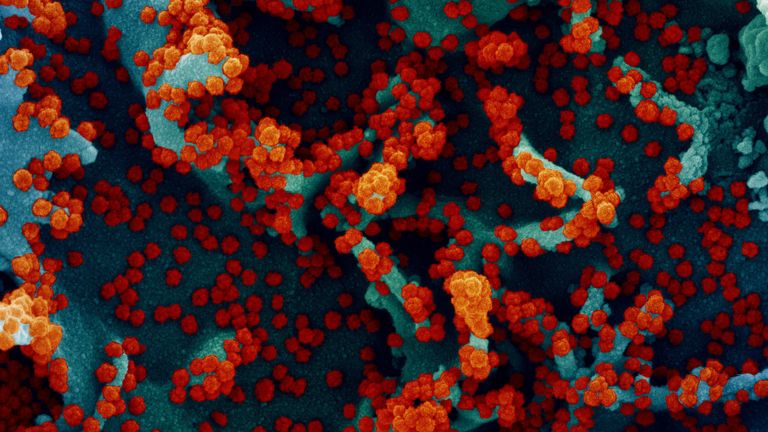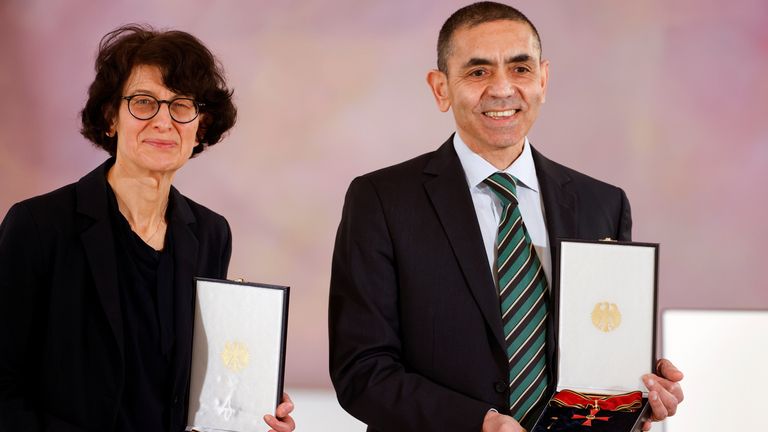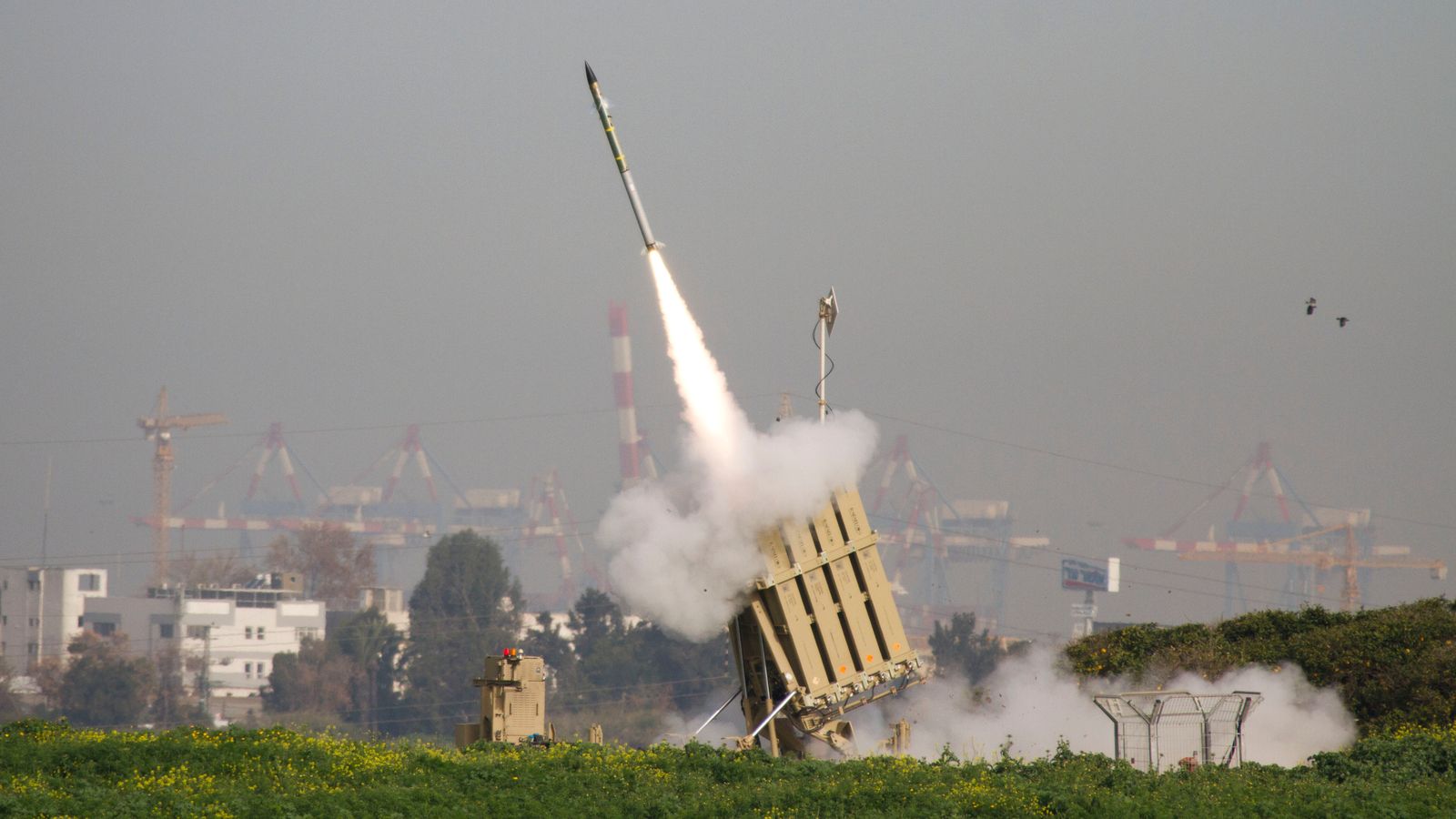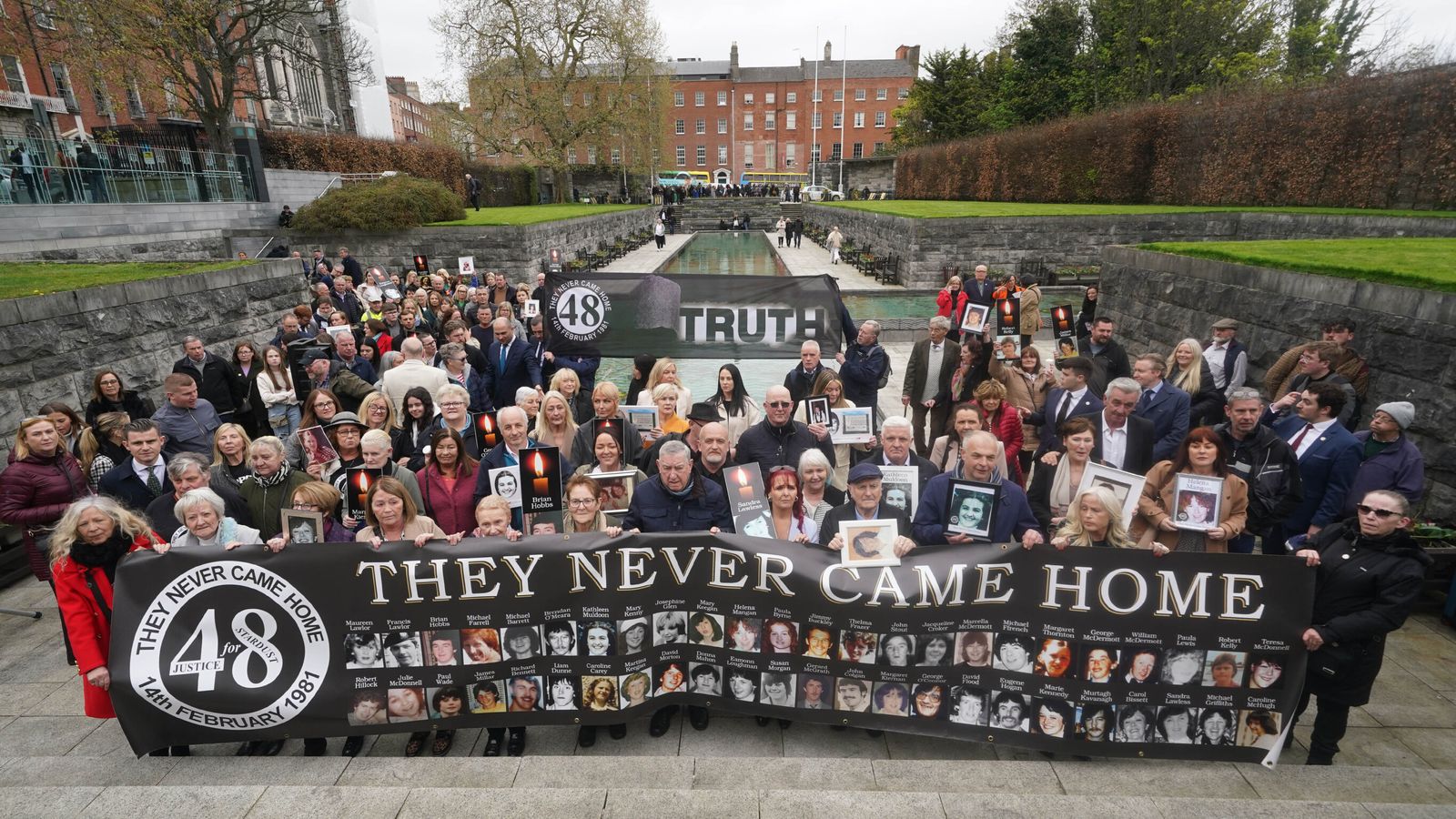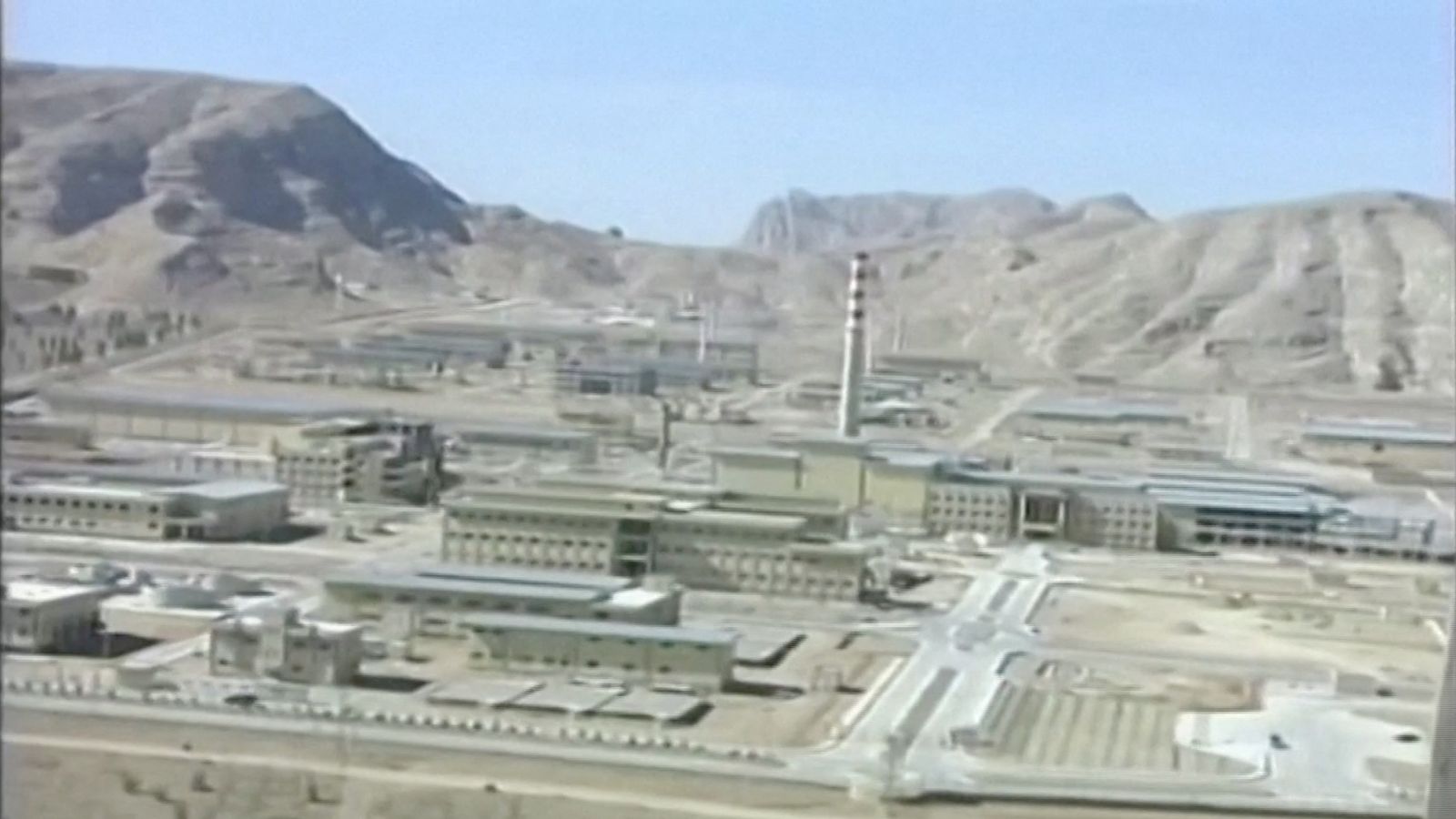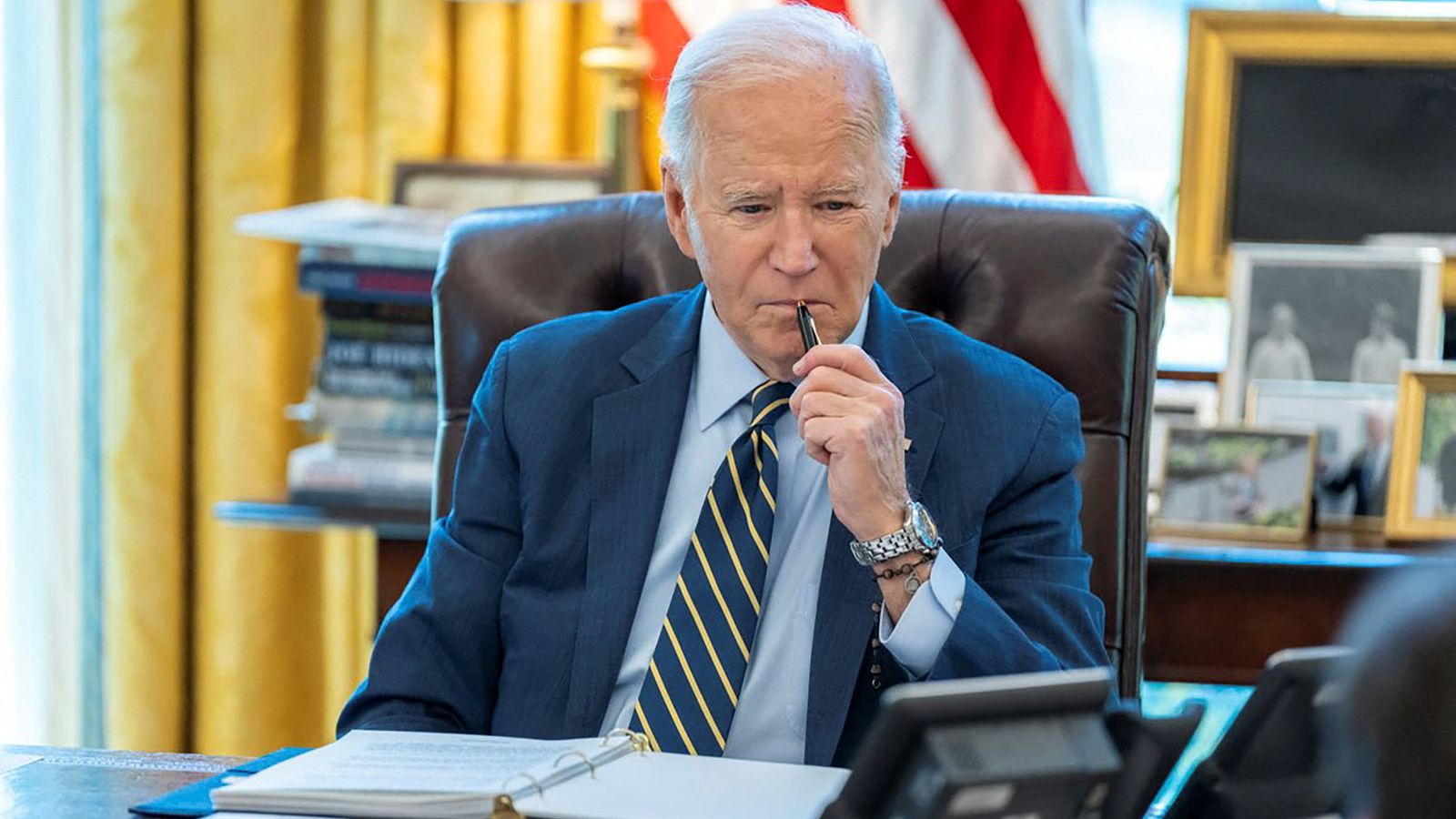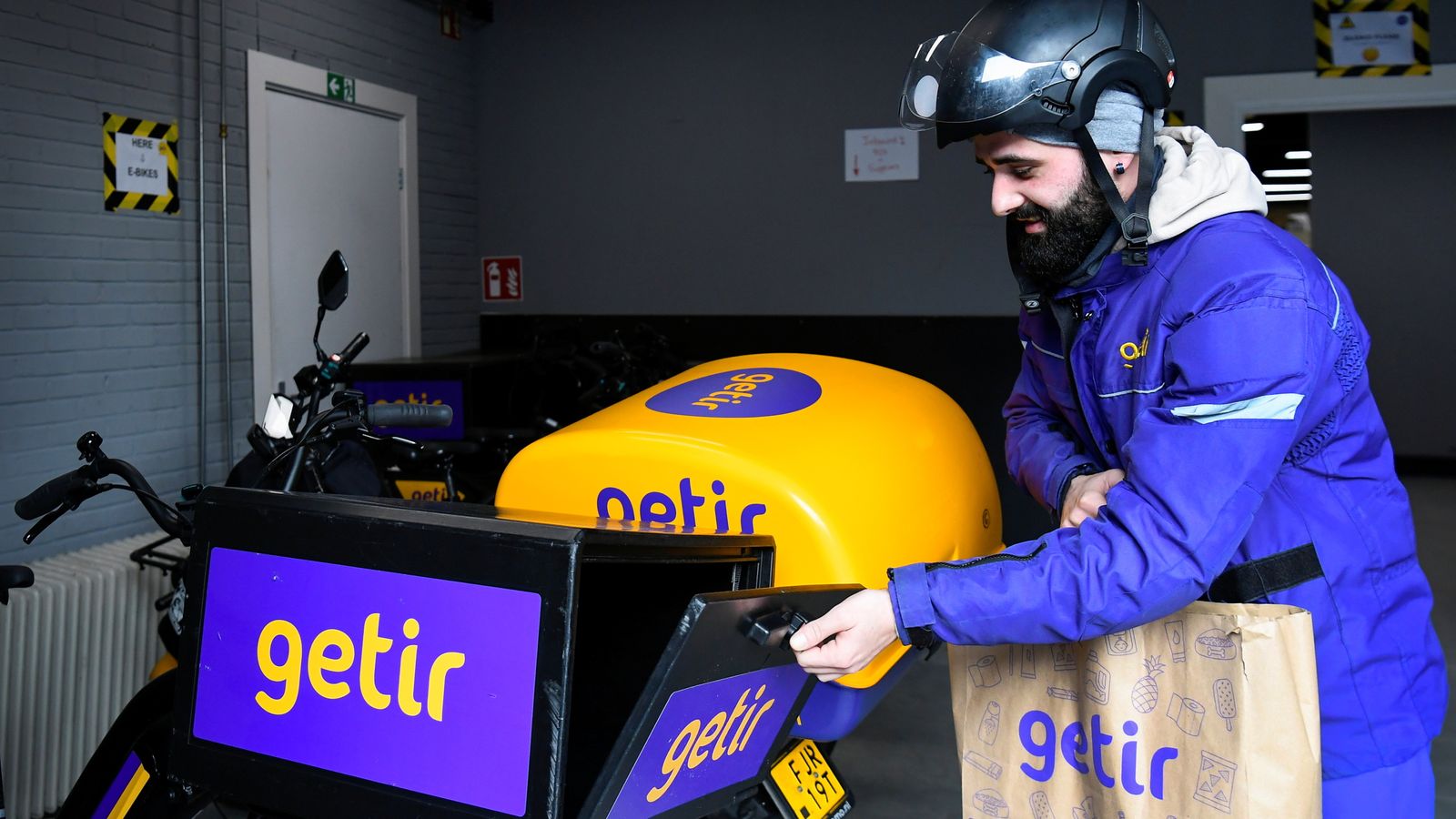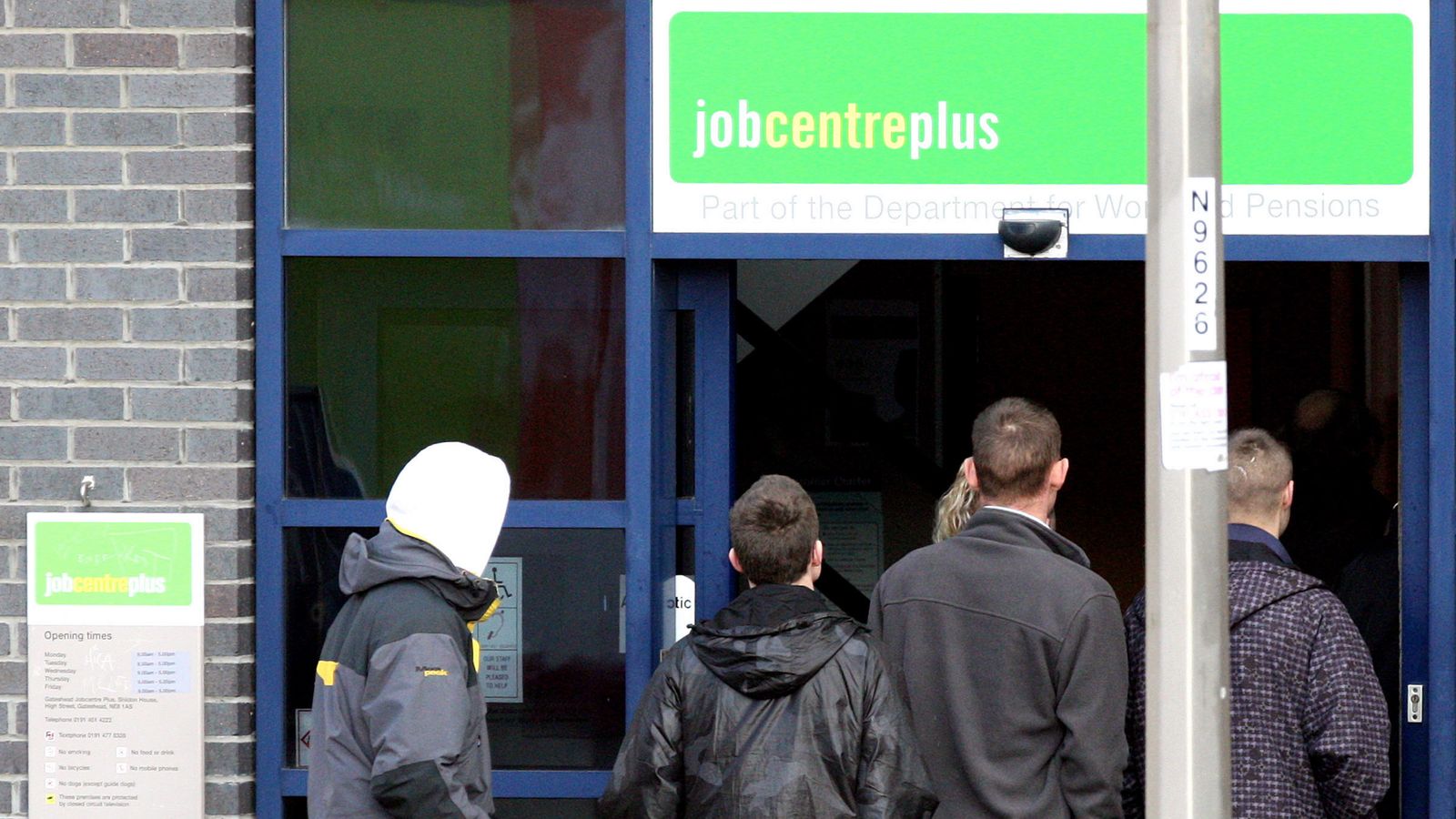The co-creator of Pfizer’s coronavirus vaccine has said the technology behind it could soon be used to fight cancer too.
While the vaccine has been bankrolled by the American pharmaceutical giant, the science itself is the work of BioNTech, a German company founded by married couple and dedicated physicians Ugur Sahin and Ozlem Tureci.
Dr Tureci was working on a way to harness the body’s immune system to tackle tumours when the pair learned last year of a mystery virus infecting people in China.
Over breakfast, they decided to apply the technology they’d been researching for two decades to the new threat, dubbing the effort “Project Lightspeed.”
Both COVID-19 vaccines Pfizer/BioNTech and Moderna use messenger RNA (mRNA) to send genetic instructions to the human body’s cells for making proteins that prime it to attack the coronavirus.
The same principle can be applied to get the immune system to take on tumours.
“We have several different cancer vaccines based on mRNA,” Dr Tureci told the Associated Press.
Asked when such a therapy might be available, she replied: “That’s very difficult to predict in innovative development. But we expect that within only a couple of years, we will also have our vaccines (against) cancer at a place where we can offer them to people.”
On Friday, German President Frank-Walter Steinmeier awarded the wife and husband one of the country’s highest decorations, the Order of Merit, during a ceremony attended by Chancellor Angela Merkel.
“You began with a drug to treat cancer in a single individual,” Mr Steinmeier told the couple. “And today we have a vaccine for all of humanity.”
Dr Tureci said ahead of the ceremony that getting the award was “indeed an honour”, but insisted developing the vaccine was the work of many.
“It’s about the effort of many: our team at BioNTech, all the partners who were involved, also governments, regulatory authorities, which worked together with a sense of urgency,” she said.
“The way we see it, this is an acknowledgement of this effort and also a celebration of science.”
Coming from humble beginnings as children of immigrants, scientists and entrepreneurs Professor Sahin, 55, and Dr Tureci, 53, are now among the 100 richest Germans, with the value of their company BioNTech soaring to $21bn (£16bn) in the wake of the vaccine breakthrough.
Mr Sahin, who was born in Turkey and is a trained doctor, is the chief executive officer of BioNTech, and turned his focus to researching immunotherapy.
Dr Tureci, who is the company’s chief medical officer, was born in Germany and is the daughter of a Turkish physician who migrated to the country from Istanbul.

